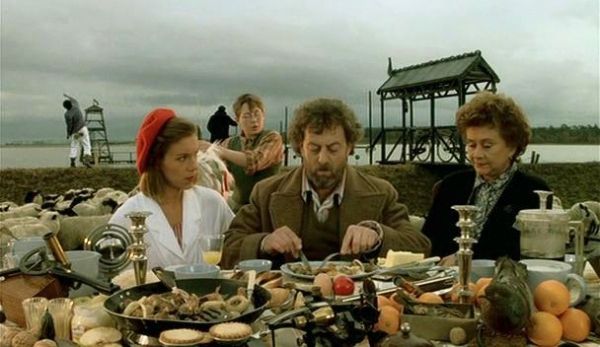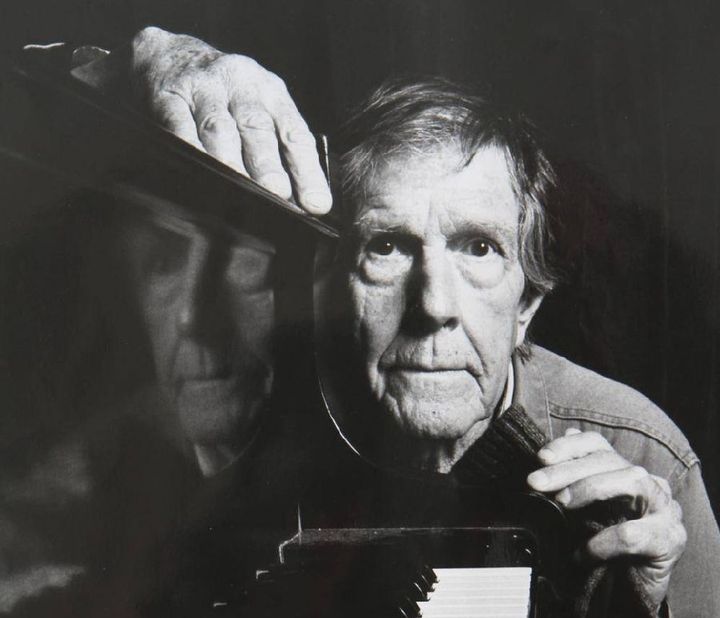Don't Trust The Senses

The Daily Stoic for March 7th, “Don’t Trust The Senses”.
“Heraclitus called self-deception an awful disease and eyesight a lying sense.”
—DIOGENES LAERTIUS, LIVES OF THE EMINENT PHILOSOPHERS, 9.7
Let me tell you a story that took place many years ago, when I was still living with my parents in Spain. After her graduation, my sister was eagerly waiting to take a flight for her study tour throughout Europe.
Then, suddenly, some days before the trip, my father had a hunch that the plane was going to crash. He woke up one day and told my sister that she won’t be taking that flight.
As you may imagine, there was a heated argument at home. Obviously, my sister was pretty angry, and I supported her. All our efforts to reason with our dad were in vain. He didn’t give in.
My sister missed her study tour. She was furious, and so was I.
If I had read today’s stoic that very same day, I had completely agreed with it. No feeling, real or imaginary, from my senses or from my imagination, could have replaced pure reasoning in my mind back them.
However, that’s not the case today.
I still think that my father made a terrible mistake and his “premonition” was an absurd feeling that shouldn’t have prevented my sister from enjoying a well-deserved trip with her friends.
However, I strongly believe we need to trust our senses. Let me elaborate on why.
Unconscious cognition
Even when we are not aware of it, our perception is always working. We smell, touch, hear, and see things around us, and our brain processes all that information continuously, not necessarily at a conscious level. That’s what we call unconscious cognition.
Does it have some scientific basis, or is it just some esoteric mambo-jambo?
Actually, it’s widely accepted in the scientific community that we are subject to a process of unconscious perception beyond the activity of our conscious minds:
“Although claims of subliminal perception aroused considerable controversy for almost 100 years, it has now been demonstrated convincingly that events in the current stimulus environment that are not consciously detected and attended may nonetheless be processed for meaning, at least to some extent (Draine and Greenwald, 1998).”
In other words, even if our conscious mind is unaware of what’s happening around us, we are still consuming and processing that information to a certain extent.
In fact, other experiments suggest that the unconscious mind not only decides things before you register that decision consciously, but can even be better at making decisions that the conscious one. That’s specially true when faced with a very complex challenge with many variables.
Also, our conscious mind may be getting some type of information, while our unconscious mind interprets it in a completely different way. That’s actually the basis of subliminal advertisement.
All that information comes directly from our senses: sight, smell, hearing, taste, touch…
Don’t Trust The Senses
What does that mean? Basically, that when your intuition is telling you something, maybe you should listen to it.
I am an atheist, and a man of science. I don’t believe in God, ovnis, homeopathy, positive energies, or the Flying Spaghetti Monster. However, life has shown me to trust my gut.
During the years, when I have had a strong feeling that something was right or wrong, without being able to tell exactly why, most of the times my instincts were right.
That said, I think we should always rely on our reason to try to understand where those feelings or emotions come from. If it’s something you can rationalize and explain with words, by all means trust your conscious mind. Otherwise… well, unless you just had an absurd dream or premonition about crashing planes, don’t ignore your instincts.
Conclusion
Today’s Daily Stoic, “Don’t Trust The Senses”, is another strong disagreement point between me and Stoicism. While I am a rational person, and don’t believe in anything beyond science, I do think that our perception gets a lot more information unconsciously than we are aware of.
Sometimes, all that information translates in a gut feeling that is nothing more than our unconscious perception of the situation. Experience has showed me to listen to it.




Comments ()